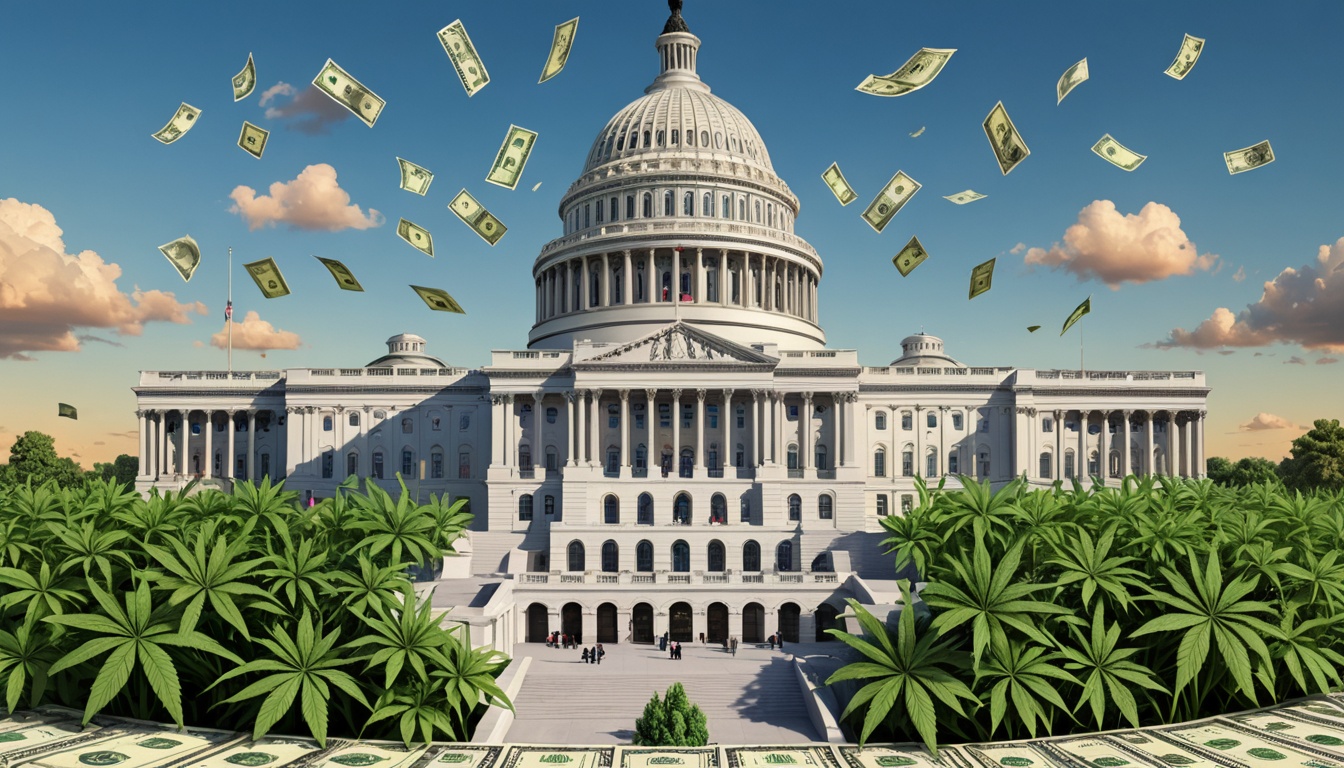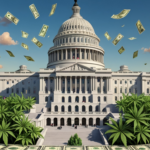A group of 32 attorneys general from 28 states, Washington, D.C., and three U.S. territories has written a letter to congressional leaders urging them to pass the Secure and Fair Enforcement Regulation (SAFER) Banking Act. The bipartisan group, led by the District of Columbia Attorney General Brian Schwalb, Georgia Attorney General Christopher M. Carr, Maryland Attorney General Anthony G. Brown, and Ohio Attorney General Dave Yost, is calling for the legislation to provide a safe harbor for financial institutions to service the cannabis industry.
The attorneys general argue that the lack of federal legislation is creating a conflict between state-sanctioned cannabis programs and federal banking laws, making it too risky for many banks, especially big banks, to serve the industry. They point out that the vast majority of states and U.S. territories allow medical cannabis, and roughly half permit adult-use cannabis, with the industry providing approximately 425,000 jobs in 2024 and projected to reach $34 billion in annual sales by the end of 2025.
The attorneys general also highlight the public safety risks associated with the current cash-only system, citing the increased risk of violent crime in pursuit of cash. They argue that allowing access to the nation’s regulated banking system is crucial to public safety and ensuring that lawful businesses have access to regulated banking services.
Furthermore, the attorneys general contend that the SAFER Banking Act or similar legislation would help ensure that state governments can properly collect tax revenues and conduct financial oversight. They believe that an effective safe harbor would bring billions of dollars into the banking sector, enabling law enforcement, federal, state, and local tax agencies, and cannabis regulators to more effectively monitor cannabis businesses and their transactions.
The attorneys general’s letter was delivered to Senate Majority Leader John Thune, House Speaker Mike Johnson, their minority leader counterparts, as well as the chairs and ranking members of the Senate Banking Committee and House Financial Services Committee. While the U.S. House passed the SAFE Banking Act seven times under Democratic leadership between 2019 and 2022, the legislation has not seen action under a Republican majority since 2023.











